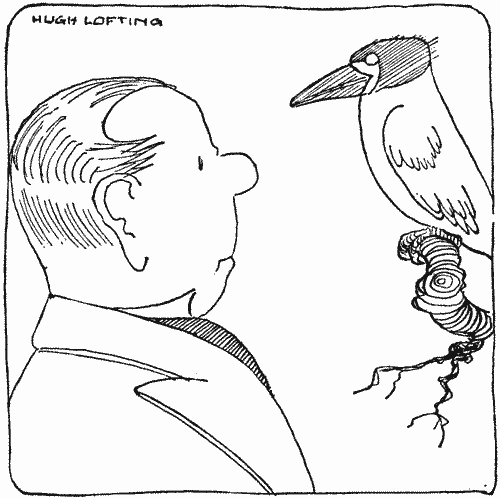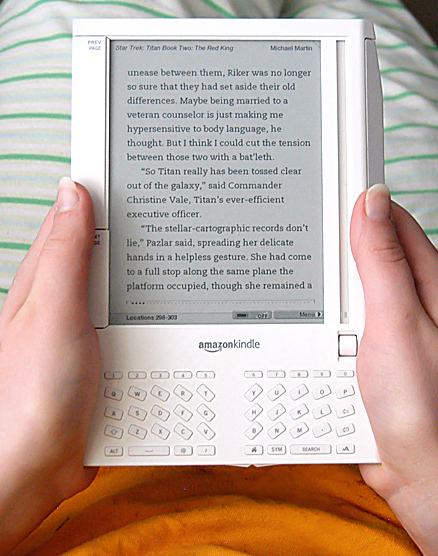When we think of the Civil Rights movement, we tend to think of the 1950s and 60s, and scenes made famous by television-the bus boycott, the March on Washington, the Freedom Rides. But some of the most compelling, most dramatic, and most important victories took place long before then, in America's courtrooms, where two determined lawyers waged a decades-long battle against racial injustice.
The men were Charles Hamilton Houston and Thurgood Marshall, attorneys for the NAACP. From the 1930s to the 50s, they crisscrossed the country, going from backwoods county jails to the Supreme Court to fight for the legal rights of African Americans. In the Deep South, they sometimes slept in their car because no hotel would give them a room. They were heckled, threatened, and sometimes in danger of their lives. But in those days bigotry was not confined to the backwoods--it went all the way to the nation's capital. When Charles Houston argued his first case before the Supreme Court, one justice turned his chair to face the wall so he wouldn't have to look at a "colored" lawyer.
What the justices could not ignore was the razor-sharp arguments, and the relentless preparation, of Houston, Marshall and their colleagues. Case by case, slowly, methodically, but relentlessly, they dismantled the legal principle of "separate but equal" that had kept blacks as second-class citizens even after they emerged from slavery. Over some two decades, they laid the groundwork for the landmark Supreme Court ruling, Brown vs. Board of Education, that outlawed segregation in public schools and led to the collapse of Jim Crow. Without Houston and Marshall, there would be no Barack Obama.
These two great advocates are also a great pair of characters. Charles Houston was a stern, buttoned-down, no-nonsense guy. As a dean of Howard Law School, he turned it from a rinky-dink night school into a rigorous institution whose mission was to turn out the lawyers that could meet the white elite on equal terms. Marshall was his brightest student and his protégé, but in personality his opposite. Thurgood was casual. He loved to lean back and tell off-color jokes over a glass--or maybe a bottle--of bourbon. The two complemented each other perfectly. In effect, Thurgood became a surrogate son to Charlie. Sadly, Houston worked himself to death and died just before the Brown case, the one he'd been building toward, came to the Supreme Court. But Marshall did his mentor proud: not only did he win a historic victory in Brown, he would become the first African-American to join the Supreme Court.
Rawn James Jr. is a lawyer himself, and an heir to the great legacy laid down by Houston, Marshall, and those that followed. He tells this story with gusto, with a great sense of pacing and rhythm, and it truly comes to life in his pages. This is Rawn's first book but I'm sure it will not be his last. It's the debut of a dynamic new historian-and, yes, I'm excited by it.
(You can see Rawn talking about his book below, or visit his website, www.rawnjames.com, for more about Root and Branch.)



